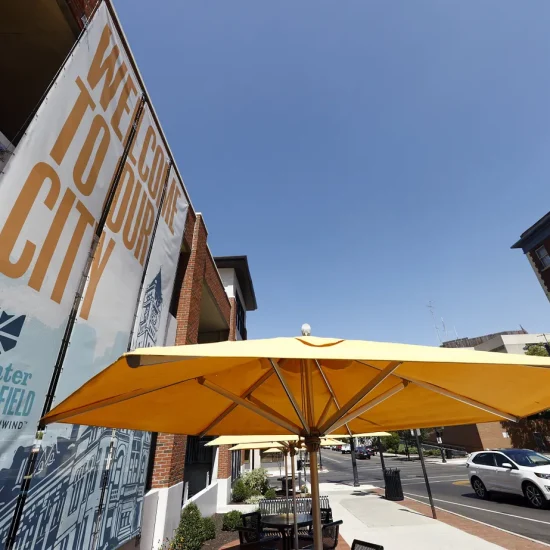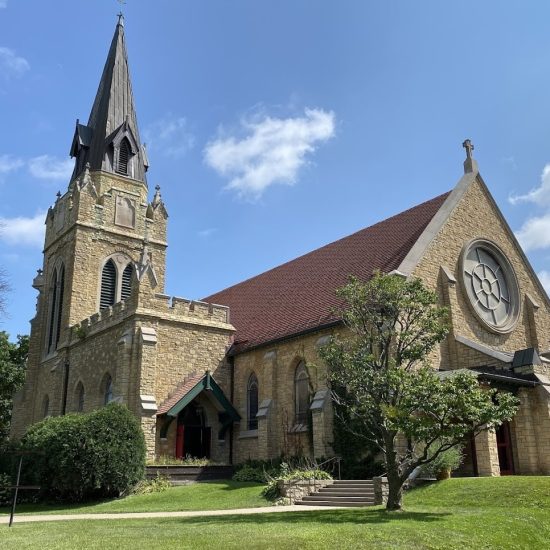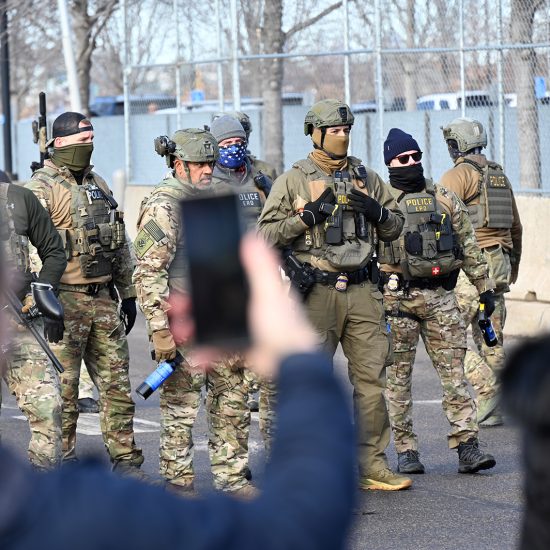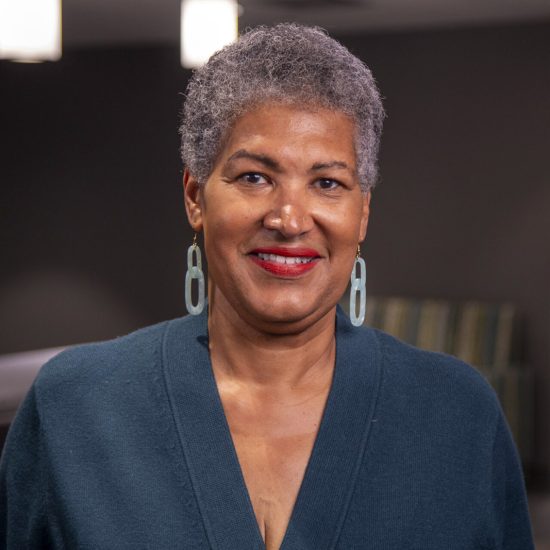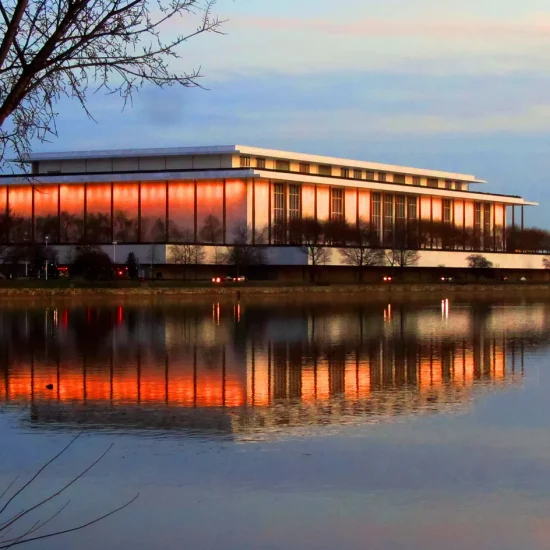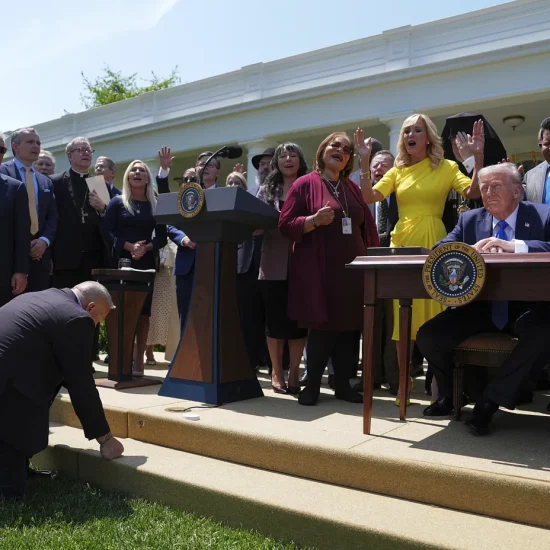NEW YORK (ABP) — The Celebration of a New Baptist Covenant meeting will feature some notable guests: Bill Clinton, Jimmy Carter, Al Gore, Tony Campolo and John Grisham, to name a few. But after the star-studded dust settles, what will emerge from the convocation?
Some say it’s too soon to tell what exactly will come of the gathering, scheduled for Jan. 30-Feb. 1 in Atlanta. Organizers hope it will improve Baptists’ image and unite them in a new wave of social activism. Others wonder whether it will lead denominational bodies to work closer together or urge grassroots entities to band together — or both.
David Goatley, president of the North American Baptist Fellowship, an umbrella group for regional and national Baptist bodies, says he’s optimistic about the event’s lasting effects. Baptists have never before attempted a collaborative effort on this scale, he noted — especially between historically Anglo and African-Americans organizations. “Whatever the results, it’ll be worth the experiment,” Goatley said.
Detractors say the experiment is more of a political rally than anything else. With Clinton, Carter and other prominent Democrats featured during an election year, some Baptist conservatives have claimed the event is aimed at improving the Democratic Party’s image among Baptists.
It didn’t help that the event’s most prominent Republican speaker, presidential candidate Mike Huckabee, cancelled after Carter was quoted as sharply criticizing President Bush. Huckabee said he withdrew so he would not appear to approve of “what could be a political, rather than spiritual agenda,” he told the Florida Baptist Witness, a newspaper affiliated with the conservative Florida Baptist Convention.
Organizers say any political overtones are unintentional.
“My feeling is that we’re taking the best people we know, the people in the trenches … and trying to connect that up and let that flow,” Jimmy Allen, a former Southern Baptist Convention president, said. “And then our task is to find out what we have and to keep it moving.”
Indeed, Republican Senators Lindsay Graham (S.C.) and Charles Grassley (Iowa) will speak during the event, which is the brainchild of Carter and Bill Underwood, president of the Baptist-affiliated Mercer University.
Diana Garland, dean of Baylor University’s School of Social Work, likened the meeting to a family reunion “after a very long hiatus.” It will help Baptists understand their heritage and claim an identity on both a grassroots and a denominational level, she said — and the beautiful part is that it’s “not a denominationally organized meeting.”
“It’s not just about making connections, it’s about finding people” who share the same vision and goals,” said Garland, who will speak in a session on breaking the cycle of poverty. “This event is asking, ‘Where are we going as Baptists?’”
To hear event organizer Allen tell it, it’s too soon to tell where exactly they’ll end up.
“It’s hard to project” the outcome, he said. “If you look at the list of people we’ve got, you’re talking about the folks who are on the front lines [of ministry]. We think a great momentum is going to flow out of that. We don’t know where it’s going to go, but we’re building on it.”
According to Allen, leaders have invited experts in fields like theology, law and politics so that they’ll disseminate best practices and network with their Baptist colleagues.
“The process is built for maximum participation … something that can evolve after the meeting is over,” he said. “We’ve got the best group I’ve ever seen. I’m just awed at the number of people who have in-depth experience in the areas in which they’re involved.”
Richard Munoz, director of the Immigration Service and Aid Center, is one such person. He’s scheduled to speak in a special session called “Welcoming the Stranger,” in which he plans teach church leaders what they can and can’t do within existing laws to minister to immigrants, he said.
Munoz’s organization helps churches deal with several immigration-related issues. In an election year, he noted, the subject comes up a lot.
“You know, immigration is not just a border-state thing; it’s across the country,” said Munoz, who has already talked with other immigration experts who will attend the event. “We are very excited that [the event’s organizers] had a call for speakers because we can kind of share our ministry that we are doing in Texas, and hopefully that gets transplanted to the other states.”
But the fact that the meeting will deal with politically charged issues like immigration indicates to some that its agenda is being driven by moderate and progressive Baptists. Garland said she has sensed some internal conflict and confusion in churches that want to send delegates to the meeting but that are affiliated with the Southern Baptist Convention — the large and conservative Baptist body that is not officially participating in the event. Many of the event’s organizers were moderates who have left the SBC since conservatives solidified their control over the denomination in the 1990s.
But Garland said no matter what Baptists may think about a certain issue, poverty is one cause around which they can unite.
“Yes, we’ve been shooting at one another for years,” she said. “And instead here is a time when a time when we’re saying, ‘How many Baptists of different stripes and spots can we gather together to talk about what Jesus called us to do, which is to bind up the broken-hearted and set captives free and seek social justice and respond to issues of global poverty?’”
Munoz, too, said the often partisan nature of his particular expertise — immigration — shouldn’t have a bearing on the event as a whole.
“You can minister to folks whatever your stance is on immigration. We can all agree that we can be a good citizen like it says in Romans 13 — to be the presence of Christ,” he said. “Really, if you think of it in terms of ministry, these [immigrants] are going to be the people you’re around. So whatever your stance is on immigration, whatever you think should be done, that’s for the politicians to decide.”
Leo Thorne, associate general secretary of American Baptist Churches USA, said the diversity of political opinion actually adds quality to the discussion.
“It doesn’t make any difference what decision you make or action you take, there are always people who use their freedoms to express disagreement. That’s rich; that’s energizing. That’s wonderful that we can have a diversity of opinions of issues,” he said. “The bottom line is that the event is going to happen. There are thousands of people coming from all over, from [many] countries. That in itself is a testament to the fact that something is happening, something good. If there are those who disagree, that is okay with me.”
One of the biggest questions for the 10,000-plus expected attendees is whether the event will promote a grassroots surge of action among Baptist groups — or foster renewed dedication of denominational bodies to social-justice programs.
Thorne said he suspects denominational leaders will provide the structure and impetus for Baptists to capitalize on what they learn in Atlanta.
“The grassroots work will happen, there’s no doubt about that,” he said. “But there needs to be structure, and the denomination provides that.
“With the North American Baptist Fellowship, there is a structure in place already to take what is the outcome of the New Baptist Covenant and run with it. We don’t have to invent something to carry it forward. The denominational leaders are committed.”
Goatley, who is executive secretary of the Lott Carey Baptist Foreign Mission Society, a historically African-American Baptist group, has taken a more deliberate approach. He is using denominational promotion to trigger grassroots activism. He has compiled a document outlining opportunities for action for three groups: Baptist “communities” or denominational groups, Baptist congregations, and individual households.
Called “The Summer of Jubilee,” the effort encompasses seven weeks of service for Baptists this June and July. It urges Baptist communities to work with immigrants along the Mexican-U.S. border and help people still struggling after Hurricane Katrina. It urges Baptist churches to adopt the causes of at-risk kids and the elderly. Individual families will spend the time planting trees, cleaning streams and woodlands, and changing household lights to energy-efficient lighting.
“The long-term possibilities are ultimately dependent upon the openness and discernment of various Baptist believers to align ourselves with new opportunities of service inspired by the Holy Spirit,” Goatley said in an e-mail. “We had sought not to prescribe explicit action steps. We are creating space and a place for Baptists to find new sisters and brothers with whom they can explore new service opportunities.”
Goatley said denomination heads will record the efforts through Internet reporting and networking. Celebration organizers will also record and assess social work done after the January event. Allen said volunteers in Atlanta will attend every breakout session and record dialogue, contact information, areas of interest and skills of the people who attend. The information will then be entered into a resource database for later use.
Communication before, during and after the event will be crucial, organizers say. They plan to erect event-related websites, send follow-up newsletters and even stream video of conferences for people who can’t attend. They hope the push to make the conference as accessible as possible will draw Baptists closer in unity, Thorne said.
“One of the things that is really critical is this emphasis on unity,” he said. “We’re not going to do everything the same way, but we can be united in spirit. We can be united in the cross. We can be united in mission.”


